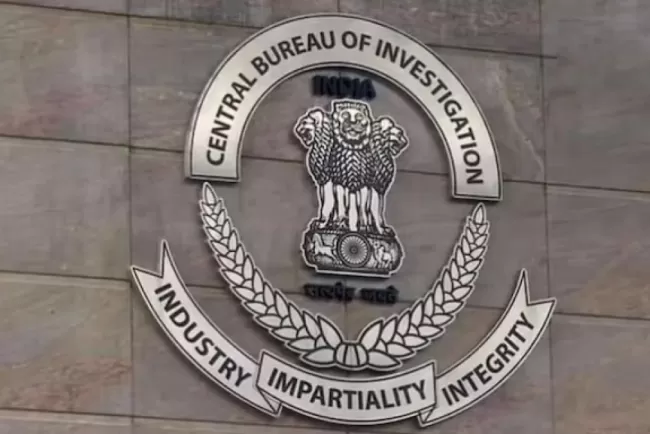Escalating Tensions: The Nuclear Standoff Between India and Pakistan
As tensions rise between India and Pakistan, the world is on alert for possible nuclear confrontation. With both nations possessing nuclear capabilities, the implications of a strategic miscalculation could be catastrophic. This article explores the current geopolitical landscape and the nuclear dynamics at play between these two neighbors.
A Dangerous Game of Nuclear Strategy
The possibility of a nuclear conflict escalates fears as Pakistan's military command could, in a desperate moment, issue the unthinkable order to activate nuclear weapons. India, equipped with a robust nuclear triad—land, air, and sea-based delivery systems—maintains a strong deterrence strategy. This capability ensures that even in the event of a first strike by Pakistan, India can deliver a devastating counterattack, effectively nullifying any nuclear blackmail.
India's advanced missile defense systems, which include the Prithvi and Akash missile systems, along with the Russian S-400, are designed to intercept and neutralize incoming threats. Years of intelligence gathering have stripped away any element of secrecy surrounding Pakistan's nuclear infrastructure, allowing India to plan its military responses with precision.
Pakistan's Nuclear Rhetoric
Historically, Pakistan's military rhetoric has leaned heavily on nuclear deterrence, particularly when faced with India's superior conventional forces. The stark reality is that the Indian military outmatches its Pakistani counterpart in terms of air, land, and naval power. This imbalance has led Pakistan to emphasize its nuclear arsenal as a means of maintaining strategic parity.
The 1999 Kargil conflict serves as a reminder of the high stakes involved. India’s successful counteroffensive not only reclaimed lost territory but also showcased the limitations of Pakistan's nuclear threats, as Indian leaders emphasized the severe consequences of any nuclear engagement.
India's Assurance of Retaliation
India's no-first-use policy underlines its commitment to nuclear restraint. However, this does not diminish the seriousness of its second-strike capabilities, which are characterized by precision and reliability. Former Indian Defense Minister George Fernandes’ assertion that "there will be no Pakistan left" following a decisive response to nuclear aggression emphasizes the seriousness with which India regards its nuclear doctrine.
The current rhetoric from Pakistan may serve as a deterrent to full-scale conflict, but Indian analysts remain vigilant. The ongoing pressure for Pakistan to address terrorism emanating from its soil complicates the diplomatic landscape, as India seeks international support to tackle these challenges.
Global Reactions and Support for India
The recent terrorist attacks in Kashmir have brought international attention to Pakistan's role in supporting militant groups. British MP Bob Blackman’s condemnation of these attacks in Parliament signals a growing global consensus that supports India's fight against terrorism. His call for unified international action underscores the urgency of addressing the sources of violence that threaten regional stability.
As the geopolitical climate intensifies, the imperative for India to act decisively against terrorism aligns with the expectations of the global community. The need for accountability and justice is echoed in diplomatic circles, as nations rally behind India’s efforts to combat threats that jeopardize peace.
Conclusion: Navigating a Fragile Peace
The potential for nuclear conflict between India and Pakistan remains a pressing concern as both nations navigate a complex web of military and diplomatic challenges. The world watches closely, recognizing that even a minor miscalculation could have devastating consequences. While India’s strategic capabilities offer a measure of security, the need for diplomatic engagement and conflict resolution remains paramount. As history has shown, the path to lasting peace requires not just deterrence but also dialogue and cooperation among nations.
In the face of escalating tensions, the international community must remain steadfast in supporting efforts to reduce hostilities and foster a climate of understanding. The stakes are high, and the consequences of failure are unthinkable.
For ongoing updates and insights into the geopolitical landscape of South Asia, stay connected with our blog.
What's Your Reaction?
















